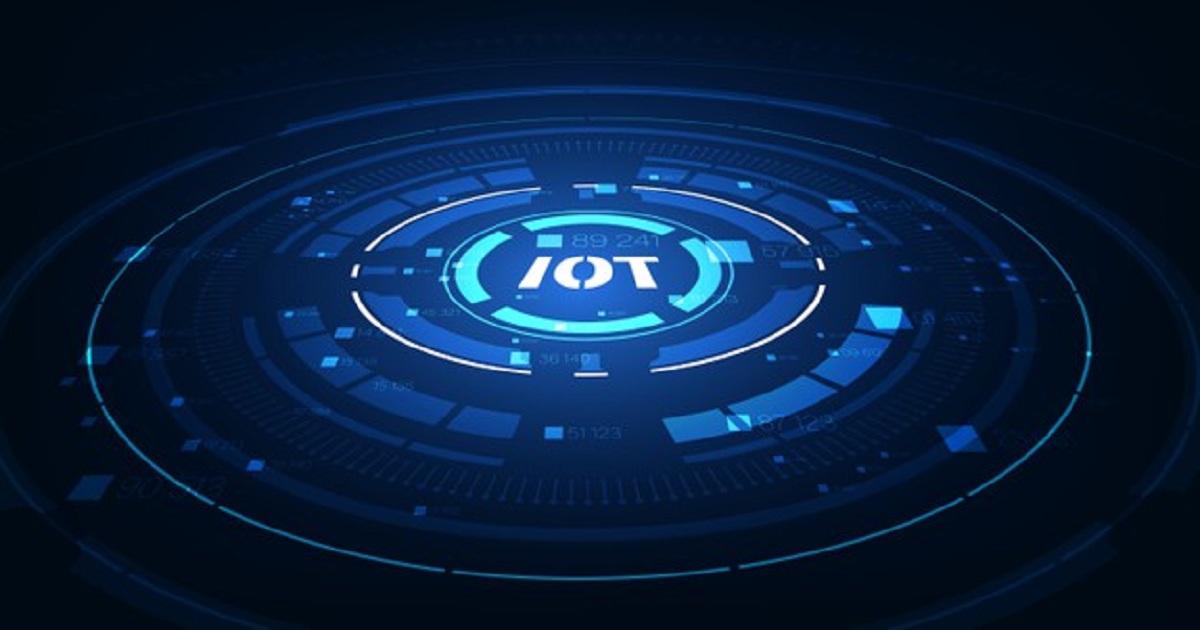ioXt Alliance Backs the IoT Improvement Act
ioXt Alliance | December 14, 2020

The Internet of Things Cybersecurity Improvement Act has now been signed into law, adjusting endeavors of the ioXt Alliance and the U.S. central government in tending to IoT security. The law necessitates that government organizations apply cybersecurity prerequisites to all bought and utilized IoT gadgets. The ioXt Alliance, the Global Standard for IoT Security, has driven industry-contribution to the advancement of the bipartisan-upheld enactment.
ioXt Alliance individuals have worked with delegates of the bill just as the National Institute of Standards and Technology (NIST) to understand this enactment and intently adjust it to industry best practices - like those set forth by the Alliance. The IoT Cybersecurity Improvement Act will currently expect principles to be characterized and at last executed, including necessities for IoT gadgets and administrations, just as weakness announcing and revelation for government bought gadgets. The two temporary workers and subcontractors the same will require weakness exposure programs.
“This action is a long time coming for IoT, and we applaud the steps the administration and industry have taken together to advance regulations around connected devices,” said Brad Ree, CTO of the ioXt Alliance. “We’re equally as committed to improving and driving the adoption of security standards and are eager to harmonize our principles with the IoT Improvement Act to further help manufacturers implement these critical measures. Between our certification program, cross-recognition programs, and compliance tools – our organization is best positioned to lead the charge.”
Inside 90 days of the bill passing, NIST should distribute the base security prerequisites for government organizations tending to the danger related with IoT gadgets. From that point, the Director of the Office of Management and Budget (OMB) will survey and support the particulars.
“We will continue to work closely with NIST along with private and public sector leaders to incorporate industry feedback into the IoT Act’s requirements,” continued Ree. “It is imperative that together, we build a scalable compliance program that will ensure the safety of this technology and will allow manufacturers to seamlessly navigate government and industry requirements across the globe. We are more than ready to start the process to finalize specifications and implementation. While this is U.S. government specific, we’re confident that it will serve as the catalyst that prompts network operators, consumer ecosystems, and retailers to follow suit in device security certification moving forward.”